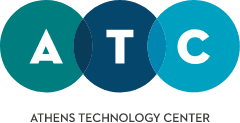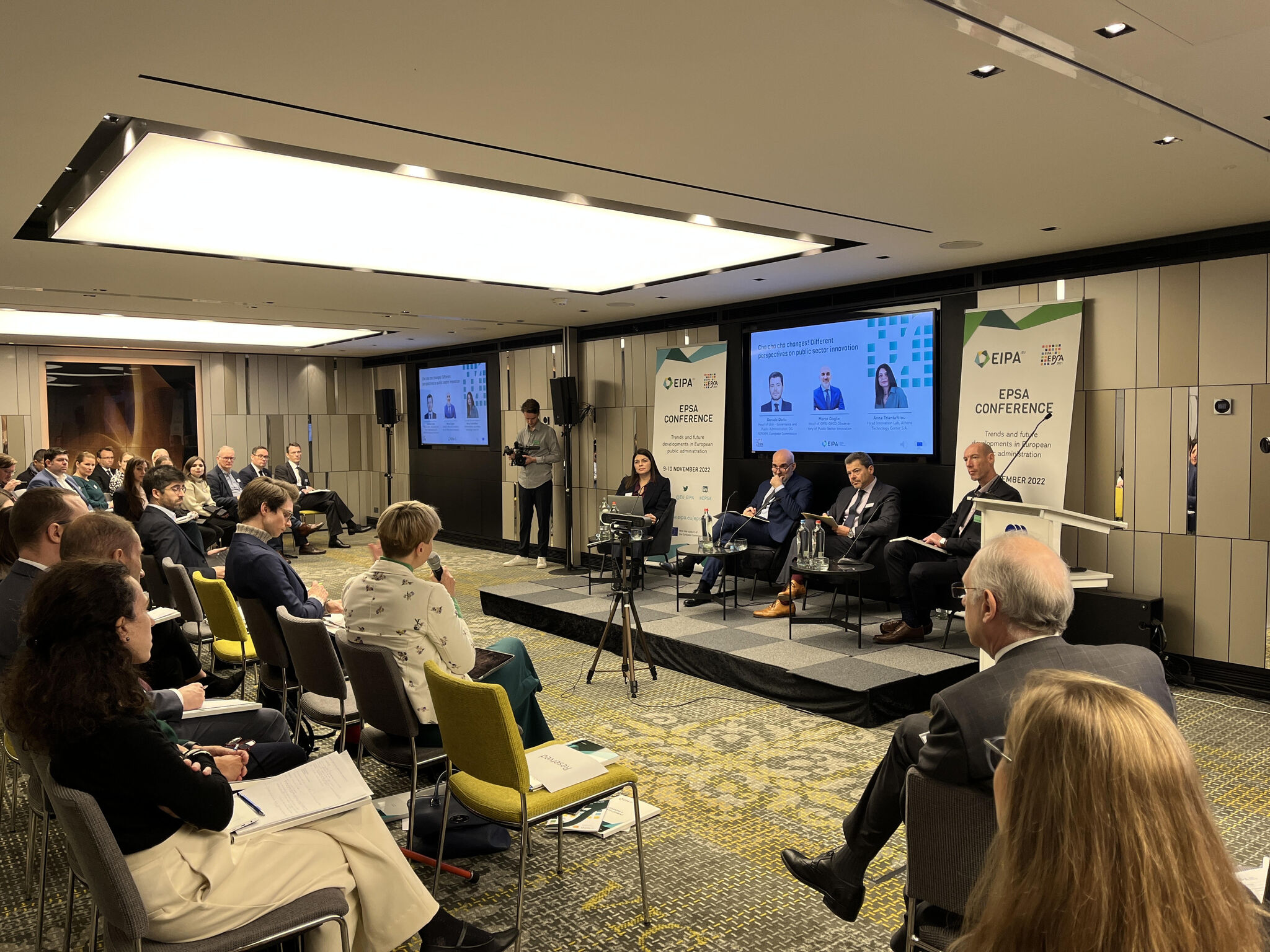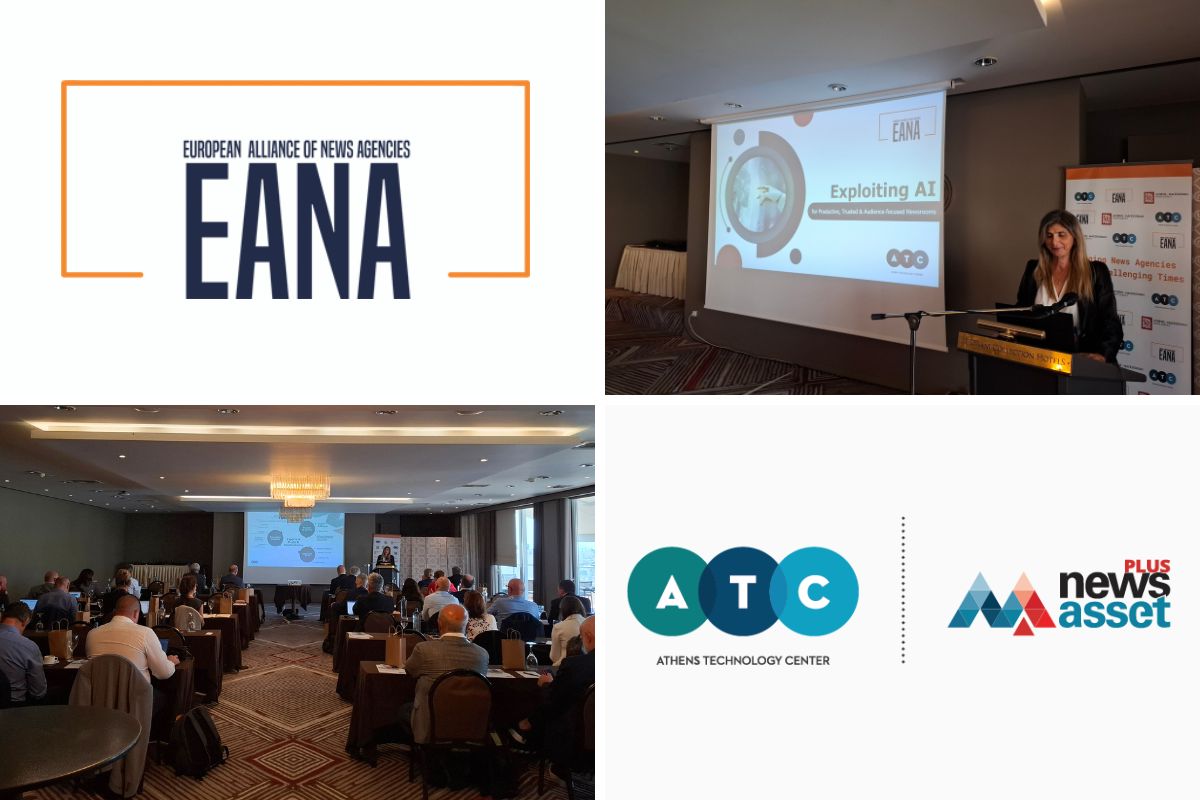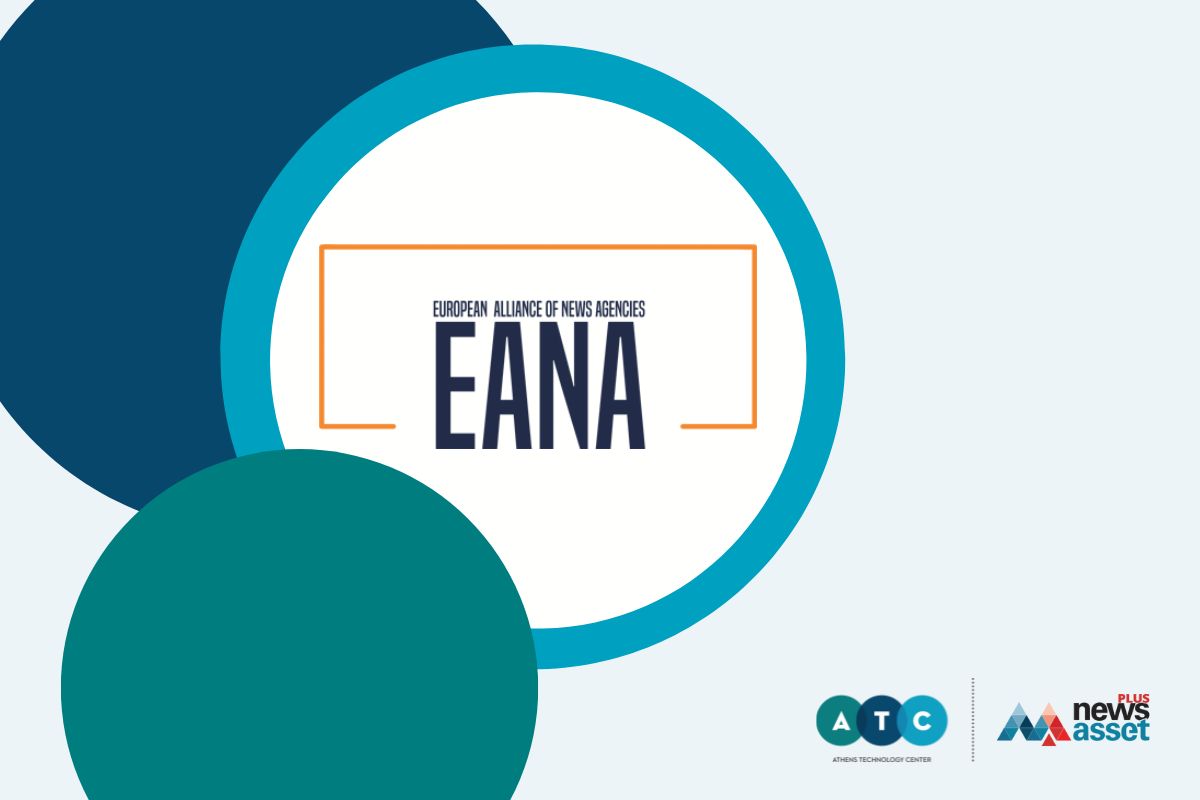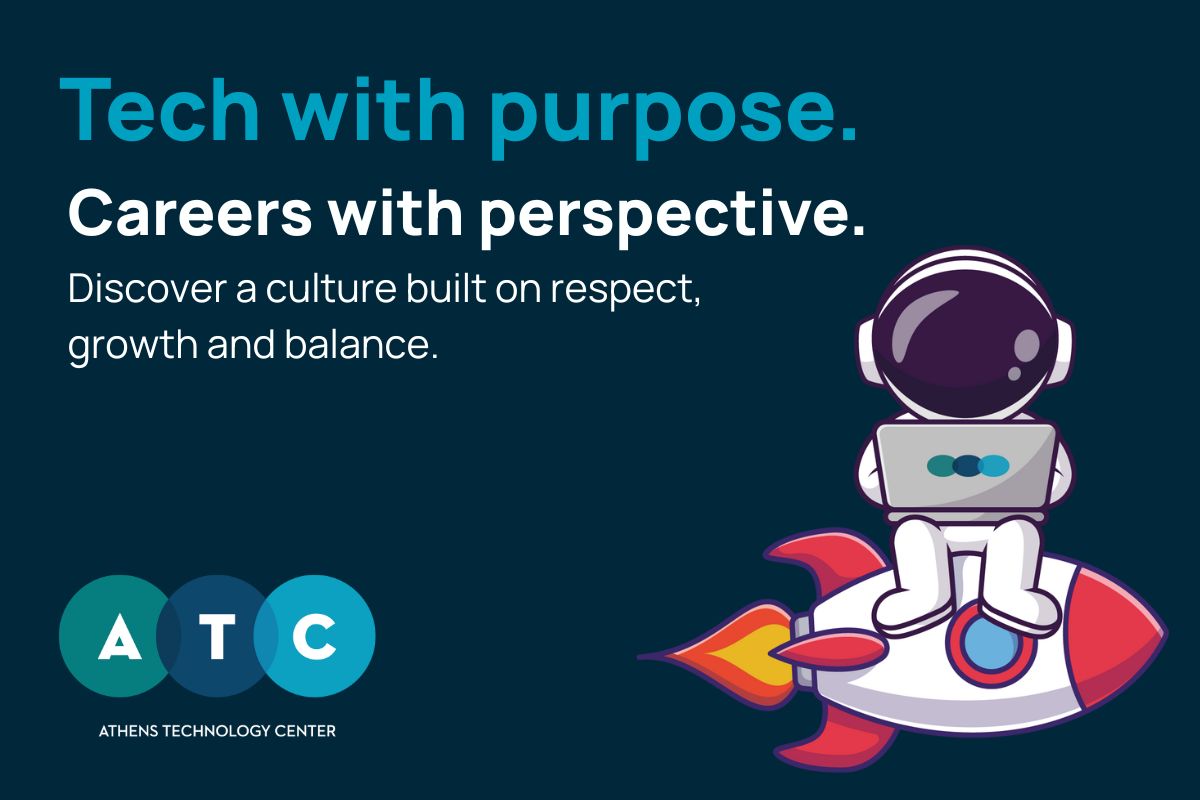Public administrations across Europe at all levels continue to be faced in 2021 with the exceptional nature of the challenge of Covid19 which impacts on all aspects of economic activity and public service delivery as well as impacting strongly on public sector finances and increased needs of citizens for support.
In view of current and future challenges, the public sector is expected to lead in the process of adaptation and reform to improve service delivery to citizens. Yet, public sector innovation is not only the responsibility of governments. Open government and co-creation require collaboration between public administration, stakeholders and civil society.
For that matter, our Innovation Lab (iLab) teams actively participate in digital government initiatives such as
- putting open data to good use in an effort to enhance transparency and corruption fighting,
- providing a variety of tools, methods and techniques to enable user-centric design and implementation of interoperable digital public services and also,
- suggesting transformative strategies that integrate the co-creation of value in public administration.
A few days ago, the European Institute of Public Administration (EIPA) celebrated the 13th European Public Sector Awards (EPSA), a Europe-wide award scheme for public sector entities at all levels of government, by organizing a 2-day conference as its final closing high-level event. EIPA’s aim was to create a knowledge hub and facilitate experience exchange among public sector innovation practitioners. The 2022 EPSA High level conference focused on public sector innovation in Europe, tools and instruments to foster innovation and actual European and national initiatives.
Within this spectrum, the organizers honored us by inviting our own Mrs. Anna Triantafillou, Head of ATC’s Innovation Lab to discuss the key trends for collaborative approaches in public administrations across Europe, propose ways to foster co-creation and of course, explore capacities that public officials and citizens need to collaborate effectively.
During her speech, and to the discussion panel that followed, Mrs. Triantafillou pointed out that public administrations’ old ways no longer meet citizens’ expectations and that, there is a need for a full-blown paradigm shift where citizens would be seen as value co-creators.
The public administrations should become more open, more collaborative, encouraging the participation of public, private, & civil society stakeholders – trying to provide more effective and user-friendly public service design, delivery and policy-making.
Anna Triantafillou, ATC, Head of iLab
When asked about “how do we get there?”, Mrs. Traiantafillou commented the following:
- Making co-creation sustainable is about making users involvement an integral part of public-service development. From the start, when (re) designing a public service, the needs of citizens should be front and center together with the question of which co-creation approach or combination of approaches can help to assess and address those needs in that particular context.
- Besides coordination, organizational support is also about bringing in or ensuring access to co-creation specialists with the aim of spreading the necessary knowhow and capacities, so it can ultimately be integrated into daily work practices.
- There is a need for cultural shift, providing more solid evidence about the benefits of cocreation will help to provoke a cultural shift from “co-creation is a burden” to “it’s worth it.”
- Getting citizens, businesses, and civil society organizations to express their needs and provide input on potential solutions or actually to co-construct those solutions, is a crucial aspect of removing barriers to more sustainable co-creation at scale.
